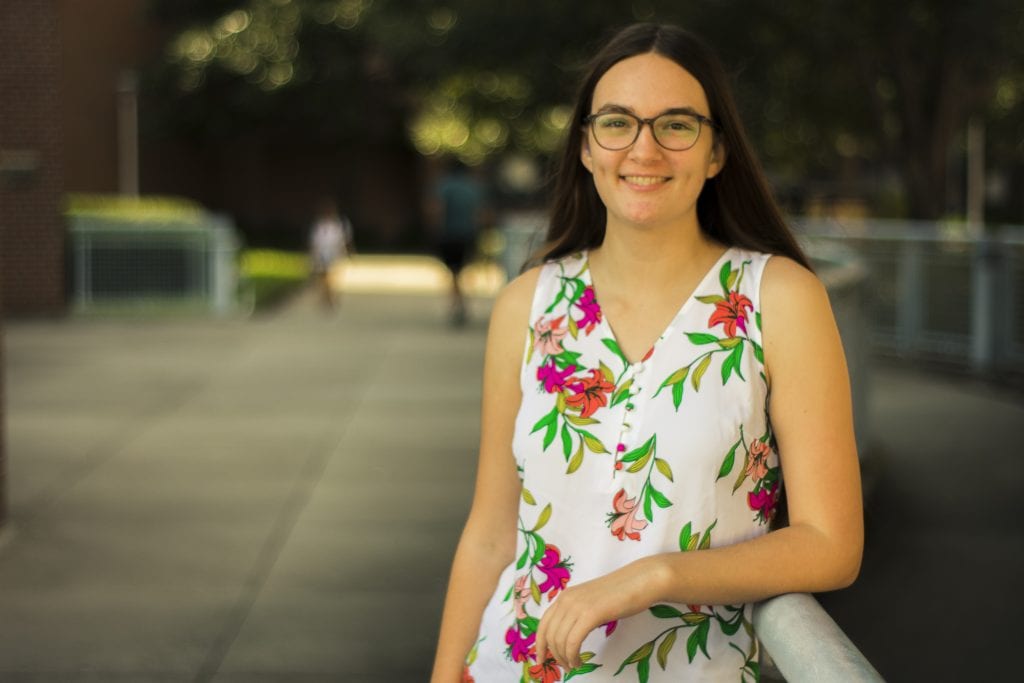Summer Research Program Provides Senior Fresh Perspectives

Senior Hannah Haynes is viewing her Anthropology classes through a new lens thanks to an invaluable summer experience offered through the National Science Foundation Research Experience for Undergraduates hosted at Southern Illinois University.
Haynes was one of ten students chosen from a competitive application pool. The program spans eight weeks from June to July.
The research topics within the program relate to the onset of the Anthropocene epoch, the current geological age in which humans have a dominant impact. Both ecologists and anthropologists collaborate with one another to come up with a niche topic of research to explore.
“As the anthropologist on my team, I decided to focus on flooding for the research project because the area we were in at the time was actually having a massive, historic flooding,” said Haynes. “I wanted to look at how flooding affects fish supply — a major source of food for Native Americans in a particular period of time — as well as how it affects the surrounding ecosystem.”
Haynes feels that the program provides attendees with a well-rounded view of how the field of anthropology works in practice. In turn, her experience as an anthropology major at UCF has been heavily influenced by the program.
“I learned so much about how to work with big data and combine multiple sources of information into a format that I could understand and work with,” said Haynes. “The program has benefited my studies as a senior this semester in a lot of ways. Several of my classes have a final project that is similar to what I had to do for the end of the research experience in Illinois such as poster projects, grant proposals and research papers.”
Haynes is presenting her findings at the Mississippi River Research Consortium in April 2020 and hopes to continue doing research and connecting with other professional scientists.
“Even if you don’t get an answer the first time around, you should always look again and dig deeper. Looking at something in a slightly different way can reshape your interpretations and observations.”
